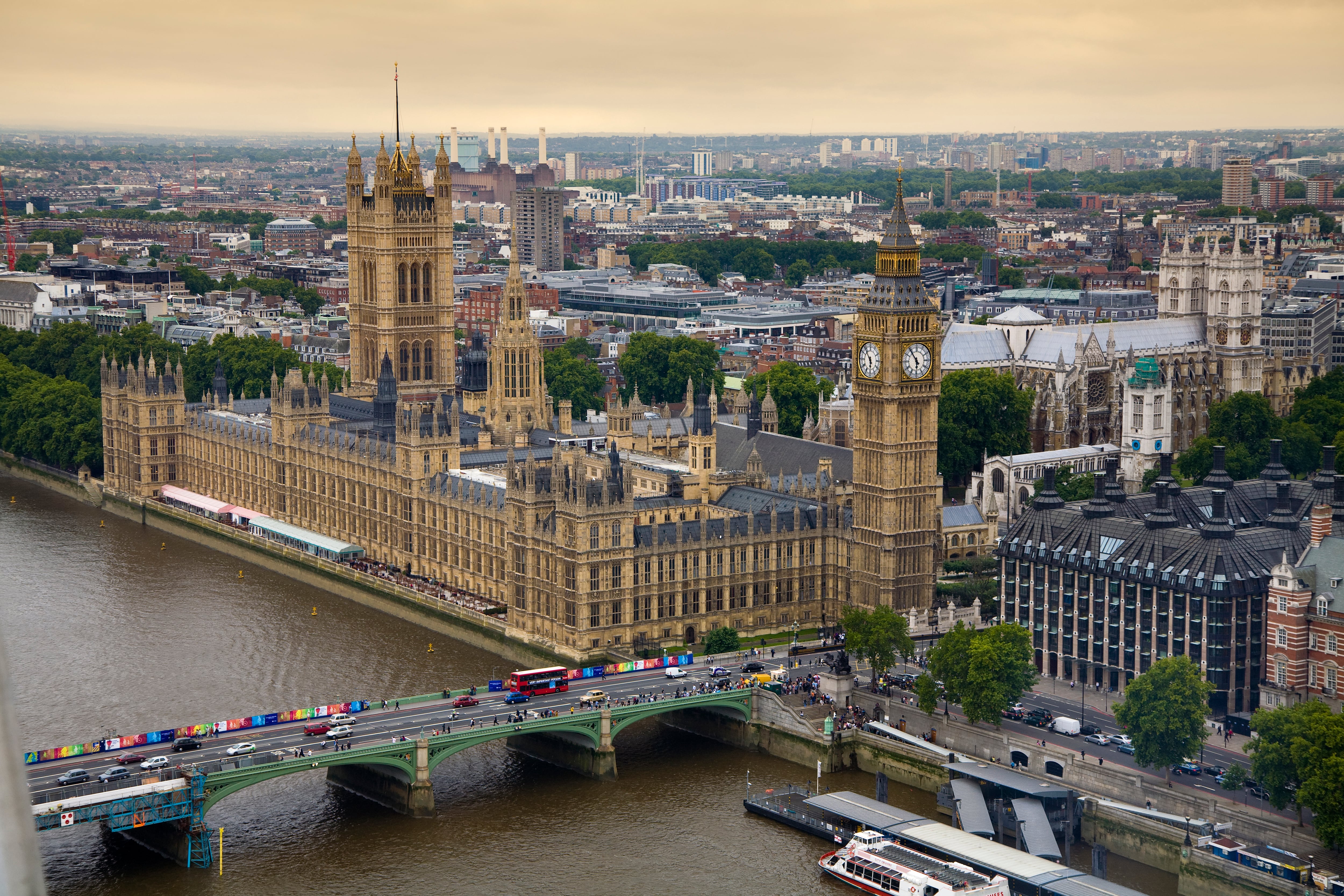The report – Recipe for Health: A Plan to Fix our Broken Food System – was published in October last year following several evidence gathering sessions with experts, and concluded that obesity and diet-related disease represents a public health emergency that requires concrete action through the implementation of a long-term food strategy backed up by legislation.
It also offer several recommendations relating to mandatory health reporting, HFSS rules, taxes on salt and sugar, labelling, advertising and holding the food industry to account.
In response, the government acknowledged that reducing obesity rates will have a positive impact on society, but did not clearly accept any of the recommendations set out beyond those already announced, such as plans to ban adverts for HFSS food and drink products appearing on television before 9pm.
Meanwhile, the government rejected the proposal to exclude food businesses or industry representatives from the policymaking process, but confirmed plans to implement a new food strategy.
‘Far from bold’
Baroness Walmsley, who chaired the Food, Diet and Obesity Committee, criticised the government for kicking many of the recommendations included in the report “into the long grass”.
“In recent interviews with researchers, former Prime Ministers and Health Secretaries expressed regret that they had not done more to tackle obesity and advised the Government to be bold and act fast,” Walmsley said.
“The report from the Lords Food, Diet and Obesity Committee recommended bold measures to be implemented immediately. However, the Government’s response is far from bold and kicks many desirable actions into the long grass.”
While Walmsley described herself as “very disappointed” she said that the fact the government acknowledges that the UK has an obesity crisis was somewhat encouraging.
“We have an obesity crisis which is caused by what foods are available, what they are made from, their affordability, their marketing and the rise of the out-of-home food sector,” she added.
“We intend to keep the pressure on Government to do a lot better for the sake of our children’s health.”
‘Deeply disappointed’
Katharine Jenner, director at Obesity Health Alliance, also expressed her dissatisfaction with the response, which she said lacks the bold action needed to “fix our broken food environment”.
The Obesity Health Alliance is a coalition of 60 health organisations that advocates for policies to improve population health and address obesity, with its members including Action on Sugar, the British Heart Foundation, Cancer Research UK, The Food Foundation and the Royal College of General Practitioners.
“We are deeply disappointed by the government’s response,” Jenner commented.
“While pledges to restrict unhealthy advertising, ban energy drink sales to under-16s, and keeping levies under review are positive, these are not new measures. The report falls well short of the decisive regulatory action the Lords deemed essential to reshaping the food environment that has caused the rise in obesity.”
She also targeted the government for its plans to rely on industry cooperation during the development of the upcoming food strategy, which is being overseen by Defra.
“The government is prioritising the voices of those who profit from unhealthy food over independent experts and those directly affected by an unhealthy food environment,” Jenner added.
“Time and again, voluntary schemes and industry-led initiatives have proven ineffective.”
Lastly, Jenner said that by failing to take sufficient action on obesity and health, the government was limiting economic growth.
“One of the biggest barriers to economic growth is preventable obesity-related illness, which is driving vast numbers of people out of the workforce,” she argued.
“A healthier population isn’t just a public health necessity – it’s essential for economic prosperity. Without urgent action, the government risks missing a vital opportunity to curb obesity and improve the UK’s health.”
Alice Wiseman, vice president of the Association of Directors of Public Health, gave evidence to the House of Lords Food, Diet and Obesity Committee last year.
After reading through the government’s response, she commented: “The Government’s recognition that the UK is in the midst of an obesity crisis caused by our increasingly unhealthy food environment is very welcome.
“However, the report made a wide range of other recommendations which, if adopted, would support a multipronged approach to tackling this increasingly concerning public health emergency.”
Wiseman also argued that a shift away from voluntary agreements with industry is necessary.
“[We need] to introduce mandatory measures that protect us from the tactics industry use to shape our food and drink habits,” she added.
‘Positive step forward’
Not all the commentary was negative though, with Nomad Foods CEO Stéfan Descheemaeker calling the government’s response a “positive step forward” in tackling public health issues and non-balanced diets.
“It is encouraging to see confirmation of plans for a new National Food Strategy to be led by DEFRA,” Descheemaeker said.
“As Europe’s largest frozen food business, we support measures requiring companies to report on the proportion of their sales that come from healthy products, which we have already been doing for the last seven years.”
Descheemaeker was also more positive on the government’s position relating to reviewing the balance between mandatory and voluntary measures.
“While the industry has made some progress in this area, voluntary measures and disclosures create an uneven playing field and leave room for a continued lack of transparency,” he added.
The House of Lords report is set to be debated in the House of Commons on 28 March.





